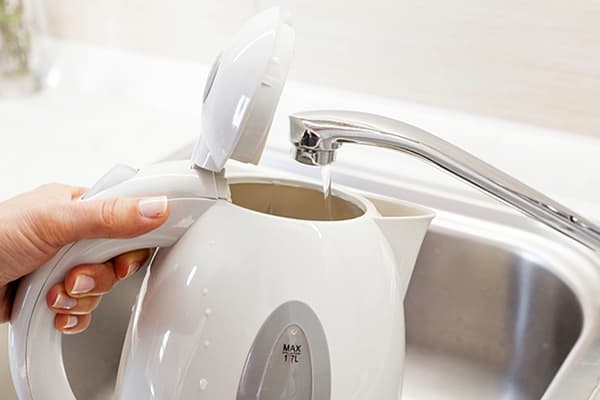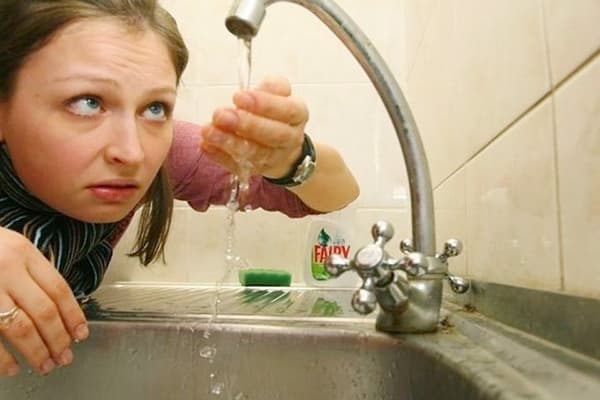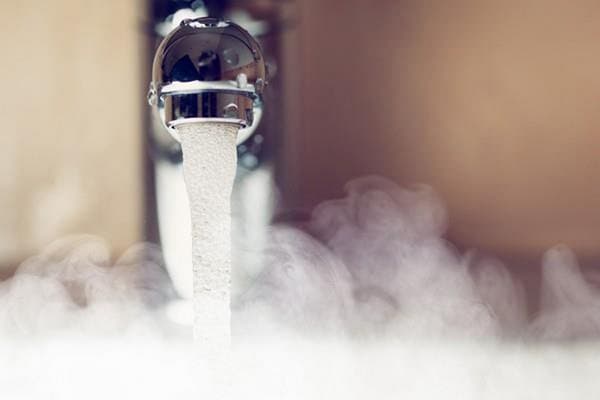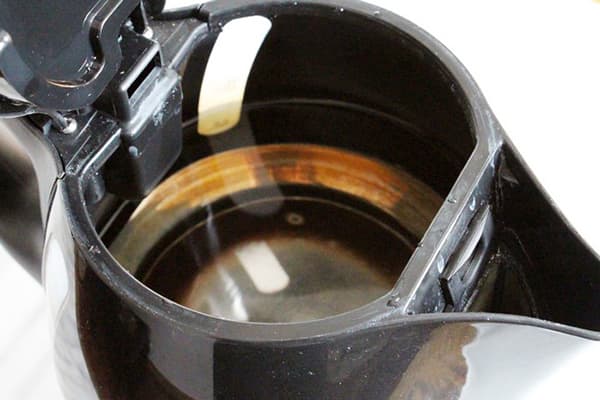Why can't you pour hot tap water into the kettle?
Probably every adult has heard that you cannot pour hot water into a kettle to boil. Many people know that hot water is of worse quality than cold water. But not everyone will be able to explain exactly how this deterioration manifests itself. Let's look at this issue in detail and find out how to boil water correctly.

Why is hot water worse than cold water?
GOST, which describes the quality of tap water, is based on the fact that cold water will be used for drinking (as well as cooking, brewing tea, coffee, etc.). Hot water should be used for technical purposes: for washing floors, cleaning, washing dishes, bathing, etc.
Based on the specifics of use, the requirements for the quality of hot water are reduced.
- When heated, the liquid passes through the boiler pipes, then goes through the water pipes. During this movement, deposits formed on the walls of the pipes can dissolve in it. High temperature increases the rate of dissolution of these substances, so there will be more of them in water heated to 60–70°C than in cold water.
- In addition, softening reagents must be added to the water that will circulate through the tubes of the boiler heating elements. Without these additives, scale formed when heating hard water will quickly clog the pipes and damage the boiler. According to sanitary requirements, softening reagents should not have a negative impact on human health.But you shouldn’t drink water containing them without a special reason.
In different regions of our country, the quality of tap water differs significantly, so any general information is of an average nature. You can find out how things are with the quality of tap water in your region by contacting the sanitary control authorities.
What can end up in hot water?
Sanitary standards require that tap water be suitable for drinking. However, in many regions of Russia it is not recommended to drink either hot or cold water without additional purification (boiling, sorption in household filters).
Hot water contains some specific impurities. Usually their quantity is small, but if consumed systematically they can have a negative impact on health:
- Lead ions. This heavy metal is leached from the welds of pipes through which liquid passes on its way to the kitchen or bathroom faucet. Lead can accumulate in the body, leading to memory impairment, increased blood pressure, and problems with the central nervous system. In addition, this metal is a carcinogen.
- Polyacrylamide (PAA). This substance is introduced into hot water during the purification stage and may remain in small quantities in the liquid entering the water supply. PAA is quickly absorbed into the body. It has carcinogenic properties. Of course, the amount of PAA dissolved in tap water is small. But those who care about their health should not ignore this factor.
It is especially not recommended to use hot water for drinking in spring and autumn. At this time, the water is highly chlorinated, and chlorine compounds decompose when heated.
When heated in water, chemical transformations of dissolved salts occur.Chlorides and bicarbonates turn into insoluble salts, precipitating. Water freed from these salts becomes more tasty, but sediment in the form of small fractions can enter the body. It provokes kidney diseases.
Sanitary inspection authorities constantly monitor the quality of water in cold and hot water supplies. If you drink tea made from boiled hot water once, nothing bad will happen. But if you do this constantly, you can harm many systems of your body.
How does using hot water affect kettles?
In addition to the biological aspect of the problem of using hot water for making tea, there is also an economic one. The liquid, which has passed through numerous pipes and collected salts of various metals from the pipes of boilers, heated towel rails, and welding seams, forms a large amount of scale when heated.
Scale settling on the walls of teapots leads to several negative consequences:
- the boiling time of water increases;
- the risk of failure of the heating element (heater) in an electric kettle increases;
- scale deposits look untidy and are difficult to wash off.
According to discerning coffee and tea connoisseurs, brewing these drinks in improperly prepared water can ruin their taste.
Therefore, it is not recommended to use hot water for making tea, coffee, culinary dishes, or for drinking. It is much better to take cold water, which should be additionally passed through a household filter before boiling.


